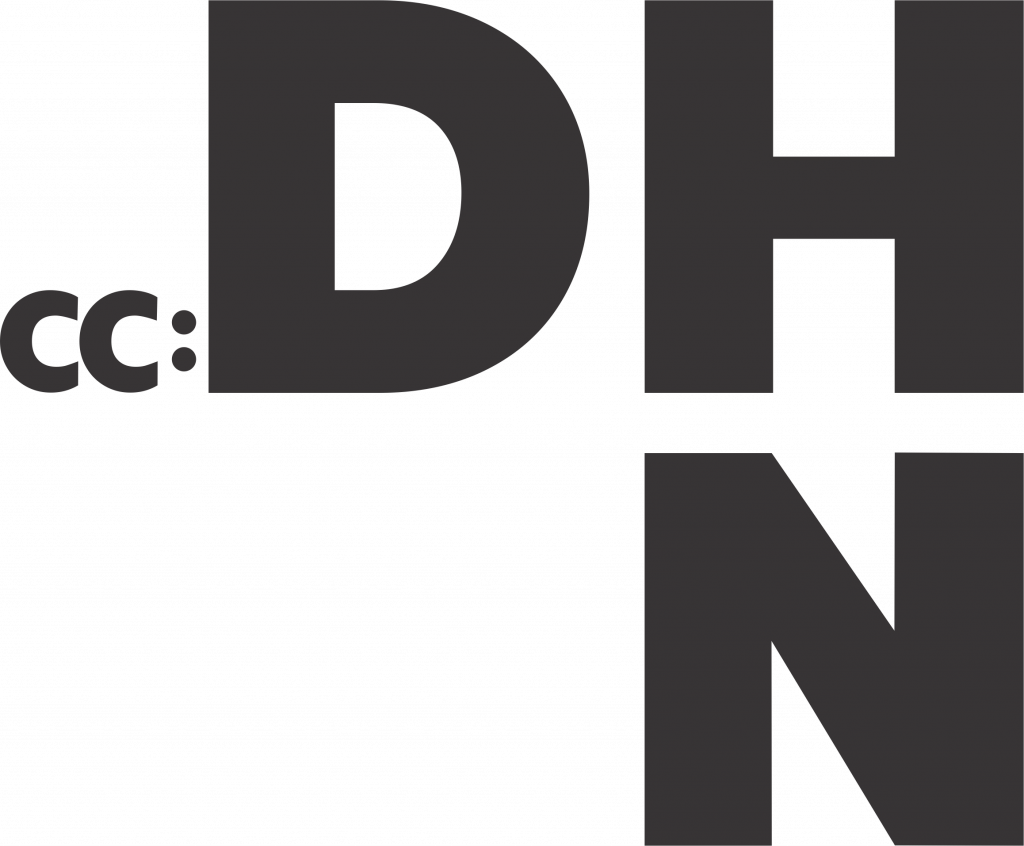
- This event has passed.
Databases for Humanists
Event Language
EnglishFormat
in person/face-à-faceDigital Humanities projects use more and more data every year. It’s no wonder — the rise of “big data” and “data science” are transforming how we humanists do our research. Databases are becoming increasingly important foundations for data analysis and data visualizations of all kinds. This course is about building and using databases, whether that means a small personal project like creating a reading list or managing large projects like wrangling unwieldy research materials, performing data science metrics, or analyzing social networks. We’ll see that databases are really about much more than just “looking things up.” Database query languages allow us to find patterns in our data, to see how things change across time, and to discover anomalies that may lead to new research questions. Over the course of the week, we’ll install the free database, MySQL, on everyone’s computer and we will learn the basics of designing, creating, and querying relational databases. No prior programming experience is necessary.
This course combines lecture, discussion, and hands-on activities. Consider this offering in complement with: Fundamentals of Programming/Coding for Human(s|ists); Visualizing Information: Where Data Meets Design; Introduction to Computation for Literary Criticism; and more.
